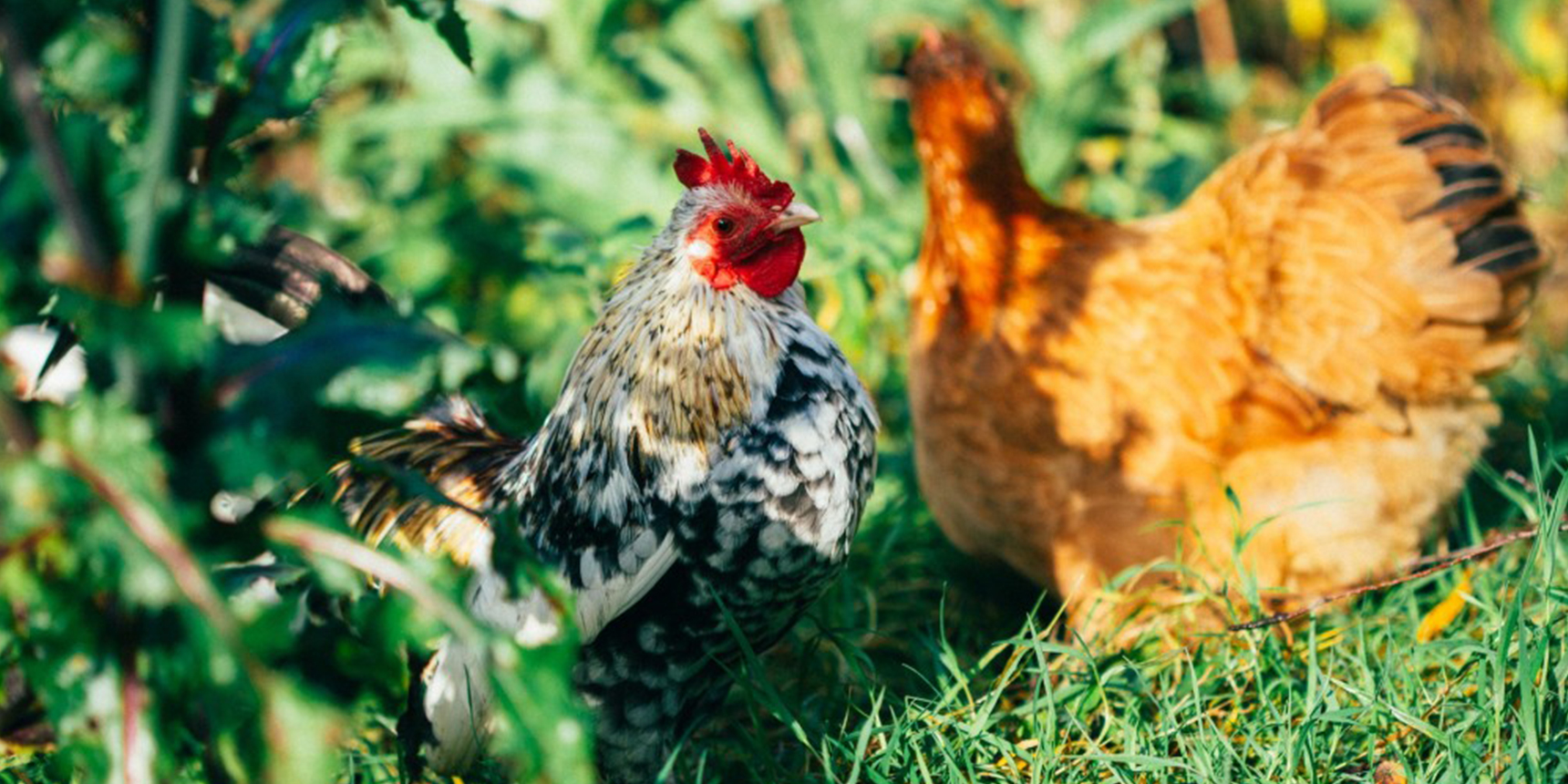EIT Food's C-SNIPER project fighting against Campylobacter in poultry

C-SNIPER, an EIT Food funded project, seeks the development of a natural antimicrobial to help reducing Campylobacter in the farm, slaughter and/or processing poultry and to be integrated into existing hygiene protocols.
Campylobacteriosis is the most frequent food-borne illness in Europe, with 220 682 reported cases in 2019 and an estimated associated cost of EUR 2 400 M per year. Consumption of chicken meat contaminated with the bacteria Campylobacter is considered the most common route for human infection.
Current control measures are mostly based on the use of antibiotics at farm level, which contributes to the spreading of multidrug-resistant Campylobacter strains. Although some phage-based products against other food pathogens such as Listeria monocytogenes, Escherichia coli and Salmonella are already on the market, there is a lack of Campylobacter-specific products.
C-SNIPER is an EIT Food funded project delivered by five European organisations (AZTI, Institute of Animal Reproduction and Food Research PAS, University of Turin, Phage Technology Center GmbH and O.R.A. Società Agricola), that seeks the development and validation of a natural antimicrobial to help reducing the prevalence of Campylobacter in the farm, slaughter and/or processing poultry and to be integrated into existing production and processing hygiene protocols.
C-SNIPER provides an alternative to antibiotics which, being highly specific against a single genus of bacteria (Campylobacter), is harmless to plants, animals, and humans, as well as to the rest of the surrounding natural microbiota. Moreover, this solution makes it possible to control the spread of this pathogen without affecting the appearance and quality of the final product.
According to the results obtained in a survey conducted by C-SNIPER among poultry producers and consumers, 90% and 85% of respondents respectively were prone to accept bacteriophages as a standard biocontrol measure in food production and processing.
Campylobacter, still unknown for the general public
However, Campylobacter remains largely unknown to the public. Therefore, within the project, different educational materials have been developed, such as videos and infographics, to raise awareness. These materials explain what the main source of contamination is and how the risk of infection can be minimised in the domestic environment, as well as familiarise consumers with the safety, efficacy, and ubiquity of bacteriophages, thus strengthening the anti-Campylobacter strategy.
The C-SNIPER project will contribute to the growth of the EU poultry sector by improving animal health and poultry meat safety, consequently reducing public health expenditure, and improving food safety in Europe. Moreover, it will help to increase consumer protection and their confidence in the quality and safety of poultry products.


 Share this page
Share this page


